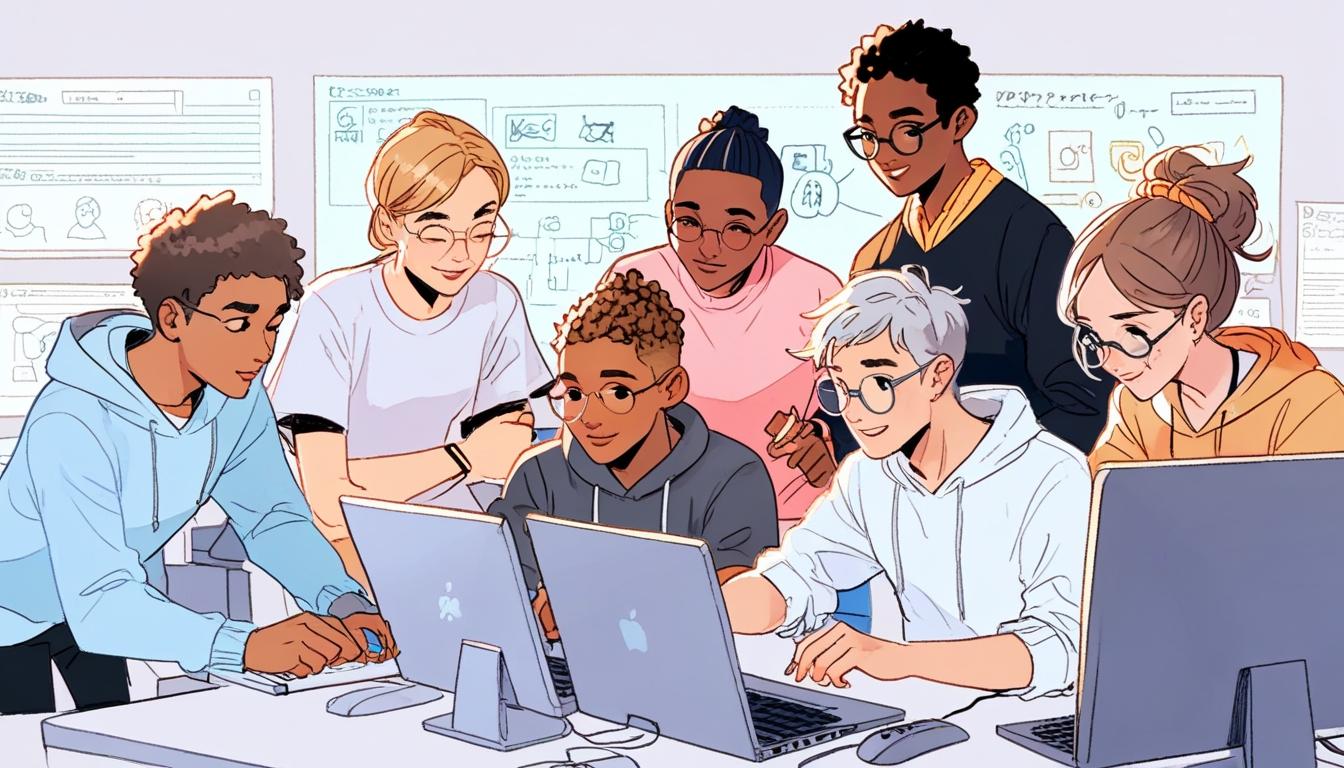Hack.Diversity, a Boston-based nonprofit organisation dedicated to training individuals from underrepresented groups for careers in the technology sector, is set to close its doors at the end of August after a decade of operation. The organisation, which has helped over 600 students—primarily from communities of colour—acquire software coding skills and secure internships at notable tech companies, has encountered challenges in securing funding and internship placements in recent years.
According to The Boston Globe, Hack.Diversity’s capacity to offer internship opportunities has significantly diminished, dropping from about 120 positions across 30 companies in previous years to only 70 spots at 15 partner firms this year. Companies involved previously ranged from CarGurus to Rapid7 and Liberty Mutual. Many of the programme's applicants have come from community colleges, historically Black colleges and universities, and institutions serving first-generation college students.
Jeff Bussgang, a general partner at Flybridge Capital Partners and co-founder of Hack.Diversity, pointed to the political climate surrounding diversity, equity, and inclusion (DEI), as well as changes within the tech industry, as key factors impacting the organisation’s viability. He highlighted that the tech sector has been reducing entry-level programming roles amid an economic slowdown and the increasing use of artificial intelligence applications that can write software. Bussgang remarked, “As we looked at 2026, we just didn’t see a path to providing internships and entry level opportunities for another cohort of 70 to 100 fellows. We worked a number of different angles and playbooks, but in the end, if there are no jobs, there’s no hack, or at least hack is currently constructed.”
Michelle De La Isla, Hack.Diversity’s chief executive who assumed the role in 2023, has assured current participants and alumni that while the organisation itself will cease operations, its mission and community will endure. “The calling right now is for everybody that has participated in Hack to continue keeping that legacy alive, because the organisation will not die,” she said. De La Isla encouraged graduates to carry on the work by becoming mentors, assisting students with job interview preparations, and refining resumes, thereby sustaining the programme’s ethos. In a communication to participants, she noted, “Hack the organisation may be winding down, but hack the concept lives on within all of you.”
Hack.Diversity originated from a discussion between Bussgang, Jody Rose—then executive director of the New England Venture Capital Association—and Melissa James, founder of Tech Connection. The initiative was conceived as a response to the technology industry’s difficulties in attracting and retaining a diverse workforce. The organisation has been active in the Boston area, where racial and gender disparities in the tech workforce remain pronounced. Data from CompTIA indicated that Black and Hispanic or Latino individuals each represented only 4 percent of Boston’s tech workforce, with women comprising just over one quarter. In comparison, Black people made up 8 percent, Hispanic and Latino people 11 percent, and women 51 percent of the city’s overall workforce.
Sara Fraim, chief executive of the Massachusetts Technology Council, expressed sadness over Hack.Diversity’s closure, describing the organisation as having played “a critical role in shaping a more vibrant, innovative, and inclusive tech community here in Massachusetts.” Fraim affirmed her organisation's commitment to continuing efforts that support tech careers, foster meaningful connections, and promote diversity and professional growth within the industry.
Michelle De La Isla’s leadership of Hack.Diversity has been notable both for her advocacy and her personal involvement; in late 2023, she performed “Swing Low, Sweet Chariot” at one of the nonprofit’s fundraisers held at the Museum of African American History on Beacon Hill, impressing the local tech community with her vocal talent.
With the impending closure of Hack.Diversity, many interested observers and stakeholders in Boston’s tech ecosystem are assessing how best to continue efforts to diversify the industry and provide pathways into technology careers for underrepresented groups. The legacy of Hack.Diversity and its impact on hundreds of participants is expected to influence future initiatives in the region.
Source: Noah Wire Services
